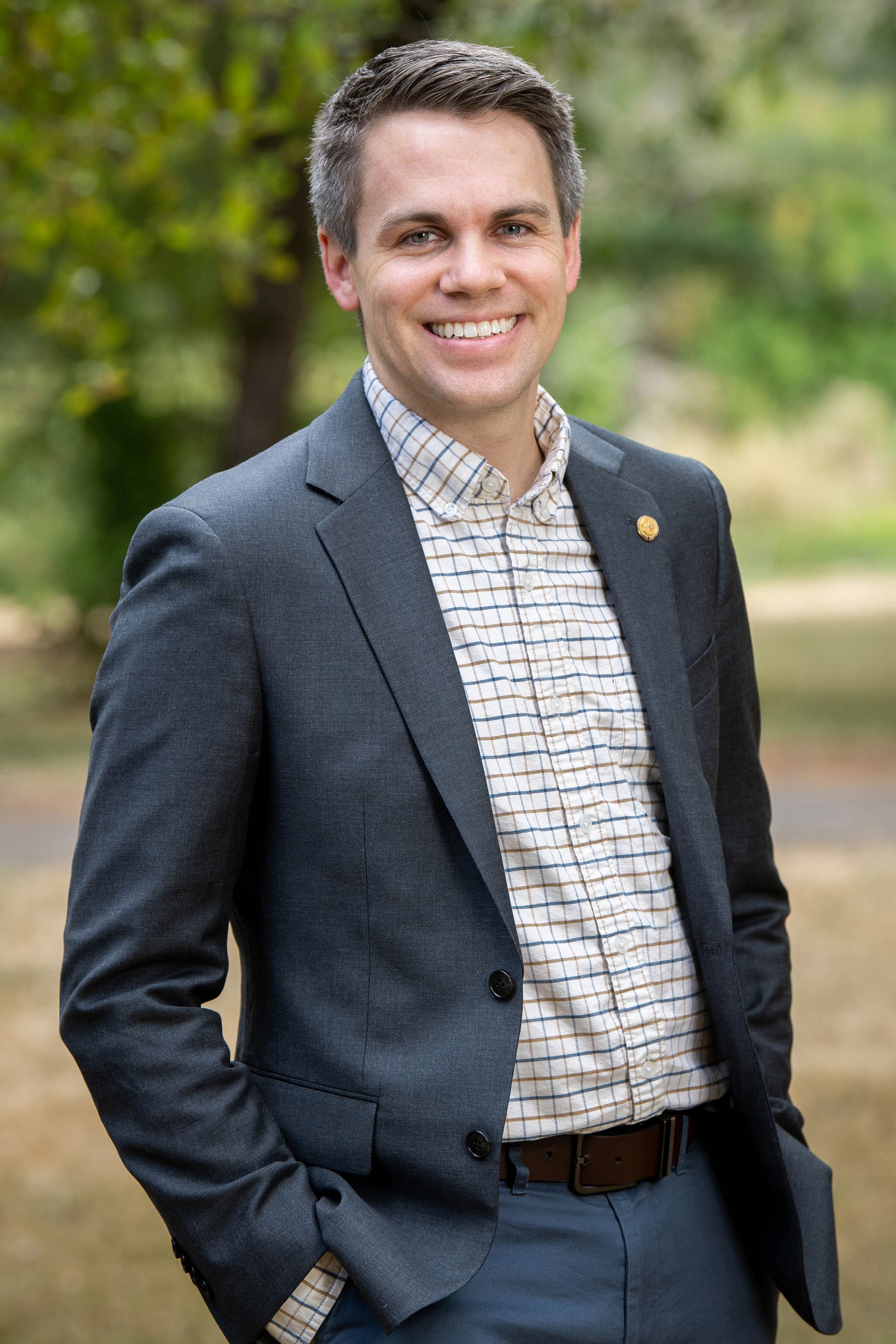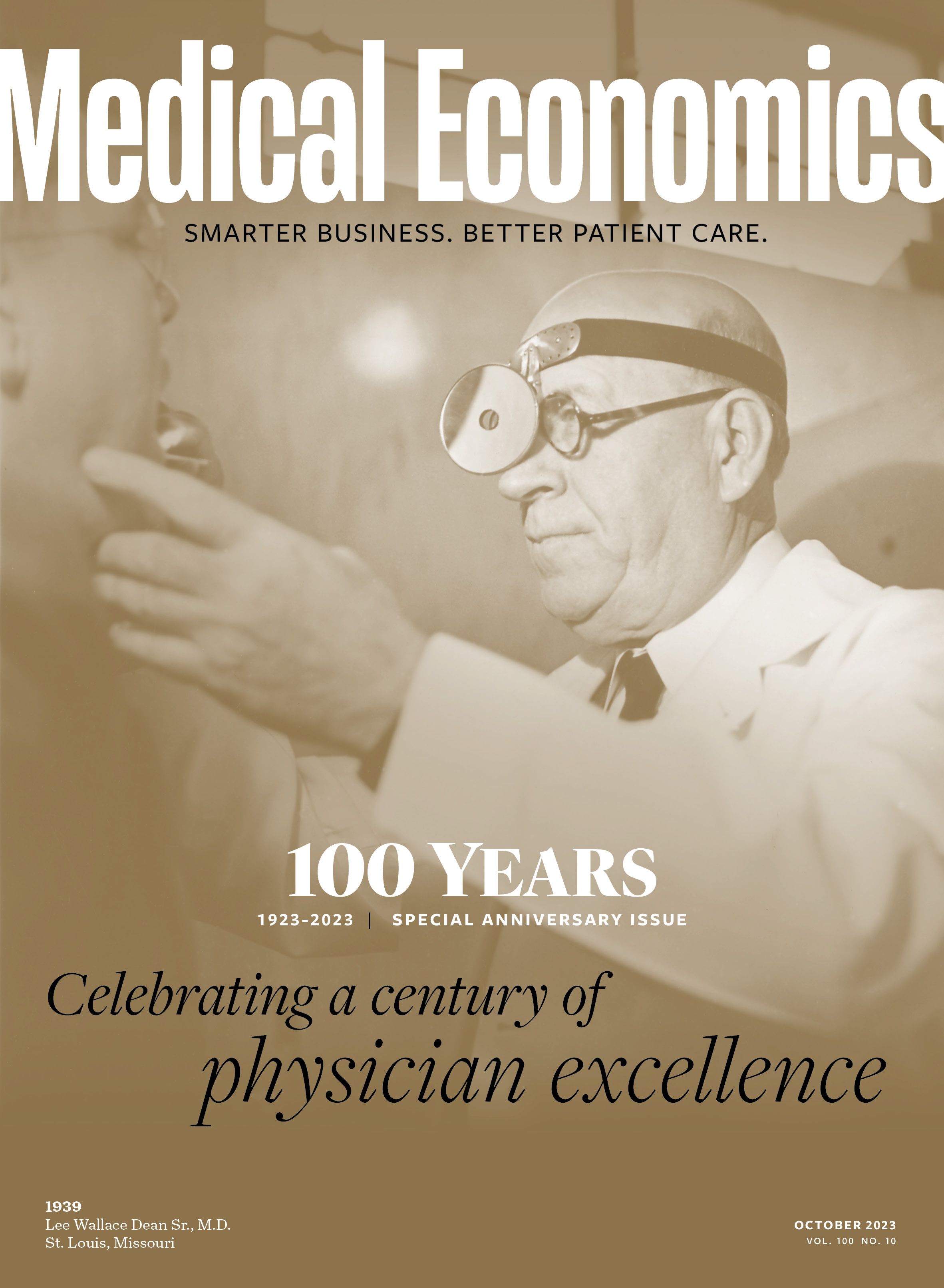- Revenue Cycle Management
- COVID-19
- Reimbursement
- Diabetes Awareness Month
- Risk Management
- Patient Retention
- Staffing
- Medical Economics® 100th Anniversary
- Coding and documentation
- Business of Endocrinology
- Telehealth
- Physicians Financial News
- Cybersecurity
- Cardiovascular Clinical Consult
- Locum Tenens, brought to you by LocumLife®
- Weight Management
- Business of Women's Health
- Practice Efficiency
- Finance and Wealth
- EHRs
- Remote Patient Monitoring
- Sponsored Webinars
- Medical Technology
- Billing and collections
- Acute Pain Management
- Exclusive Content
- Value-based Care
- Business of Pediatrics
- Concierge Medicine 2.0 by Castle Connolly Private Health Partners
- Practice Growth
- Concierge Medicine
- Business of Cardiology
- Implementing the Topcon Ocular Telehealth Platform
- Malpractice
- Influenza
- Sexual Health
- Chronic Conditions
- Technology
- Legal and Policy
- Money
- Opinion
- Vaccines
- Practice Management
- Patient Relations
- Careers
The next generation of physicians: Chase Mussard, M.D.
Learn about Chase Mussard, M.D., a star in the next generation of primary care physicians.
Chase Mussard, M.D. Photo by Kathryn Elsesser.

Hometown: Cookeville, Tennessee
Specialty: Family medicine
Residency: Third-year resident at Oregon Health and Science University — Portland Family Medicine Residency (four-year residency program)
Medical School: East Tennessee State University’s Quillen College of Medicine
Undergraduate: B.S. Chemistry at East Tennessee State University
Awards & distinctions: Mussard is serving a one-year term as the resident member of the American Academy of Family Physician’s Board of Directors.
Career goals: “I’d like to spend the rest of my days being a full-spectrum family physician, caring for patients of all stages of life, and help mentor and guide the future generation of family physicians to come.”
Hobbies: “I always love spending time with my wife and children hanging out, traveling anywhere new I can, and enjoying a good distance run to clear the mind and soul.”
Why I became a doctor: “It’s a hard question to definitively answer. I grew up in rural Middle Tennessee, and I remember going to a family doctor that my mom saw, my dad saw, my sister, my brother. So I think I was predisposed to it and then went off to college and really liked sciences and some good mentors who said, ‘You should really consider like a career in medicine.’ I remember thinking, ‘Gosh, that sounds kind of intense.’ And then I was able to connect with a great family doc, the first doctor I spent any time with as an undergrad to see what medicine was like. He was a rural family doc, 10 minutes down the road from my hometown, and I remember spending a whole week or two with him. I specifically remember a patient — it was around Christmas — had written him a very personal letter, and their visit was really about them connecting. I remember leaving there and thinking, ‘that was really fun.’ ”
How medicine is different than I expected: “The connection between community and health in our patients, I think I really underestimated that. I’ve learned a whole lot about how there’s so much to going on outside of an exam room that affects our communities and our patients. I graduated in 2020 from medical school in the COVID-19 pandemic. I think that helped me realize the sheer importance of community health. But I really liked being a family doc because I get to dive right into that all the time. That’s something that I underestimated, but it turned out to be a part that I really enjoy.”
Hopes for the future of medicine: “I’m really optimistic. I’m an optimistic person, sometimes an optimist to my detriment, but you hear these voices that talk about what’s going to happen to primary care? There are more than 100,000 practicing family physicians in the country right now. We’re one of the largest groups of single specialty physicians, so we’re not going anywhere. Being on the ground through this (COVID-19) pandemic, I think I’ve been reinvigorated.
“When we zoom out and look at our health care system, we don’t have the best outcomes and we can cost a lot in this country compared to other countries. To me, the writing on the wall is becoming clear that primary care is going to be the solution to this. There are things like administrative burden and payment that need to be addressed for primary care physicians, but I think we’ll see some promising developments in the future.”

